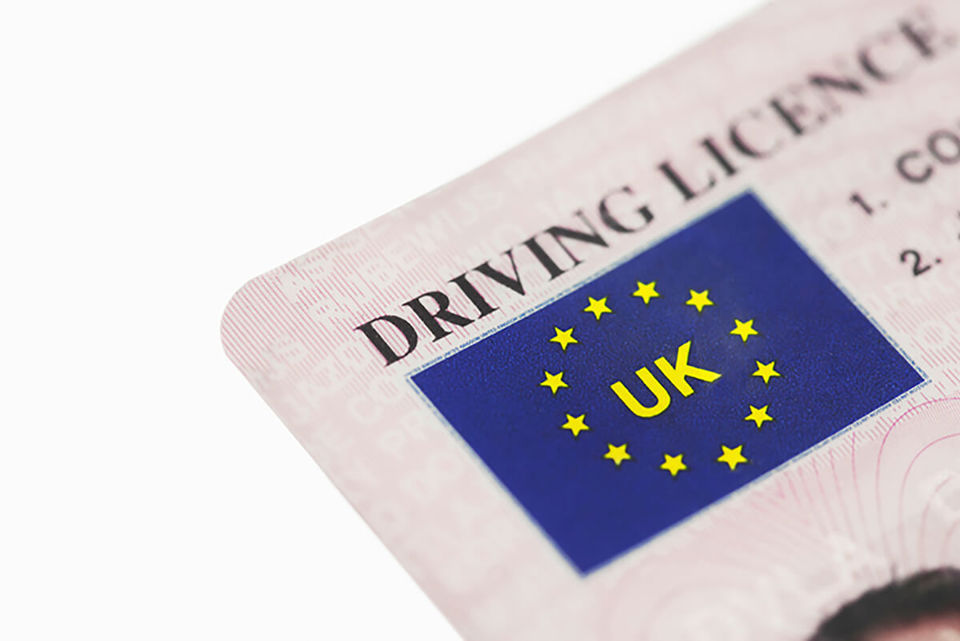The road safety benefits associated with graduated driving licences have been welcomed by fleet decision-makers on the latest Fleet News at 10.
However, panellists on the monthly webinar stressed that any changes must not unfairly penalise those who driver for work.
In Britain, young drivers between the ages of 17 and 24 are involved in 24% of all collisions resulting in death or serious injury, even though this group accounts for just 7% of the total driving population.
An average of five people per day are killed on UK roads and 82 are seriously injured - more than 1,500 young drivers each year - with one in five young drivers crashing within a year of passing their test.
Data from transport safety studies, car insurance companies and driving charities over many years has shown that drivers under the age of 24 are more likely to have crashes when they are carrying similar-aged passengers in their car, when driving at night and when driving conditions are difficult.
In response to this evidence, several countries, including Canada, Australia, New Zealand and many US states, have successfully introduced graduated driving licensing.
This has resulted in a reduction in deaths and serious injuries in crashes involving young drivers of between 20% and 40%.
Paul Hollick, chair of the Association of Fleet Professionals (AFP), told Fleet News at 10: “My big worry about graduated licences are apprenticeships - young drivers coming into industry and needing to drive for work. What does that mean from an employer perspective?
“It’s not all about people driving under 25 socially. It’s also drivers under 25 that want to get a job and start working, and how can we accommodate that in the right way.”
Appearing alongside Hollick, Chris Connors, head of fleet and travel at ISS, stressed it was important to get the balance right.
“Not all young drivers are bad drivers or good drivers, and not all experienced drivers are bad drivers and good drivers,” he said.
“We don’t treat young drivers any differently... we want to train and educate as many drivers as we can.”
ISS is working with its insurers to provided dedicated light commercial vehicle (LCV) training, focusing on the differences between driving a van to a car.
“My view, personally, and from a from a business perspective, is that anything that helps educate, train, inform, is a great thing,” added Connors.
Defra Group Fleet Services conducted some analysis a few years ago with its broker on its young drivers. Dale Eynon, director of group fleet services, explained: “We were looking to restrict either the type of vehicle we gave young drivers or restrictions on when they could use it to try and reduce any kind of potential risk we had.
“What we found, by analysing all our collision data from our insurance data, is that young drivers in our organisation were no more of a risk than older drivers.
“In fact, it tended to be older drivers who had more incidents. We had no empirical evidence to change our policy, to effectively penalise younger drivers.”
He told Fleet News at 10: “I think a lot of young drivers are very sensible and they’ll learn their craft in the first 12 months, just because insurance premiums are so high.
“Look at where the risk is and look at managing that risk accordingly, rather than just a presumption that young drivers are higher risk.”
Growing campaign for a change in the law
Prior to the General Election, the AA reiterated its call on the Government to introduce a graduated driver licence for newly qualified drivers.
It wants to limit same-age passengers for six months once they have passed their test in an effort to help address teenage deaths on the country’s roads.
Duncan Webb, fleet director at the AA, which has its own driving school, told Fleet News at 10: “If you have a graduated licence, it will save lives.
“There are 1,500 young people killed or seriously injured on the roads every year and 20-40% of that could be removed by having a graduated licence scheme.
“We think it's a sensible thing,” he added. “It works in Australia, it works in Canada, it works in New Zealand, so why not here?”
The RAC has also been calling for action and, alongside the AA, supported a private member’s Bill to introduce a graduated driving licence, which fell by wayside when Parliament was dissolved ahead of the General Election.
Parents of children killed by cars driven by young drivers, which formed a campaign group called Forget-me-not Families Uniting, have also called for the Government to introduce graduated driving licensing in the UK.
Announcing its new three-year strategy at the House of Commons recently, the road safety charity, Brake, also said it will campaign for the introduction of graduated driving licences.
Watch the full discussion on graduated driving licences below





















Login to comment
Comments
No comments have been made yet.